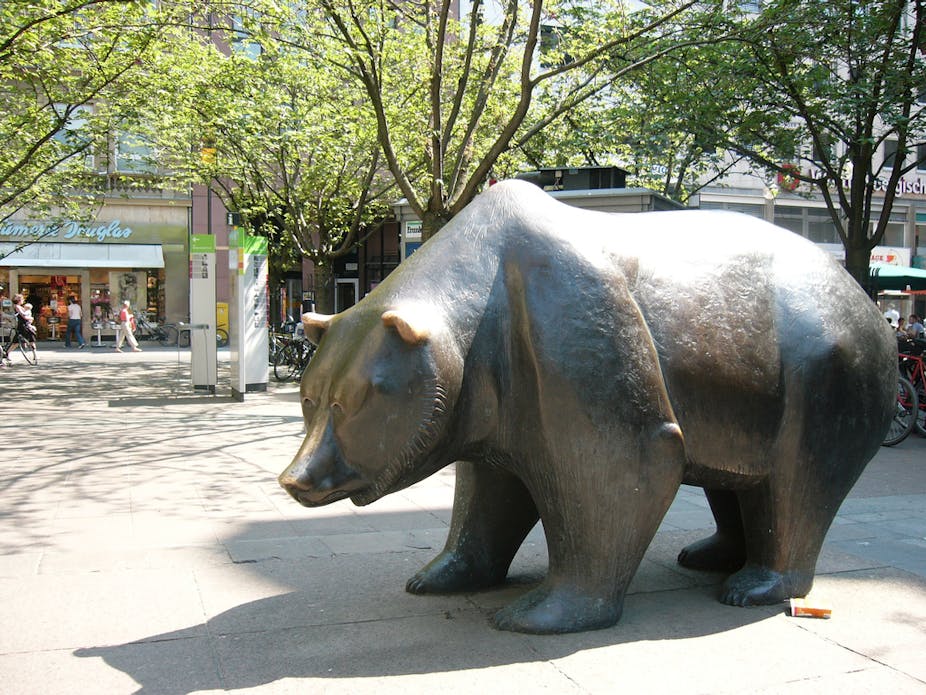Half the retail investors questioned in a new survey expect the proposed carbon tax to drive down the value of their portfolio.
The survey, conducted by Global Proxy Solicitation (GPS) and the Melbourne Institute of Applied Economic and Social Research at the University of Melbourne, asked 1000 retail investors what impact they expect the carbon tax to have on the value of their portfolio.
“Over 50% think that the carbon tax will decrease the value of their shares. That was across gender, age-groups and the states,” said the Melbourne Institute’s Professor Guay Lim, who designed the questions that were put to investors in the GPS database.
“The view is that an increase in carbon tax will filter through to the companies’ cost structure and they are worried that companies won’t be able realise high profits,” she said.
The overall Global Proxy-Melbourne Institute Shareholder Confidence Index declined by 9.3% in May 2011 to 109.6 from 120.9 in February 2011.
“What we saw was a slight increase in buying intentions now. They are still comfortable staying in the market even through they are worried about where things are going to go. But they are also telling us that they plan to withdraw from the market if things do not improve within a 12-month horizon,” said Professor Lim, adding that many investors appeared disappointed at the slow rate of market recovery since the global financial crisis that began in 2008.
“What we are concerned about is the beginning of a bear market – that is when shareholders signal that they are going to sell and move out of the market,” she said.
“If you have a situation like that then share prices will start to tumble down. I must stress that the signal is extremely weak but it is something to watch.”
Those who had entered the market recently were more pessimistic than those who had been trading shares over the longer term, the survey found.
Dr Terrence Hallahan, Associate Professor of Financial Markets at RMIT University, said 1000 people was a decent sample size.
“It’s a bit of a generalisation, but you could say that institutional investors can be better informed. Some retail investors can be sophisticated, others can be unsophisticated,” he said. “It would be interesting to see a survey of institutional investors to see what they think the impact of the carbon tax will be.”
Dr Hallahan also pointed out that while half those surveyed saw the carbon tax decreasing their portfolio value, 24.8% thought it would have no impact and 21.9% weren’t sure what the impact would be. Just over 2% thought it would increase their portfolio value.
“So you have half expecting it to go down and the other half aren’t sure or thought it would have no impact,” he said.

